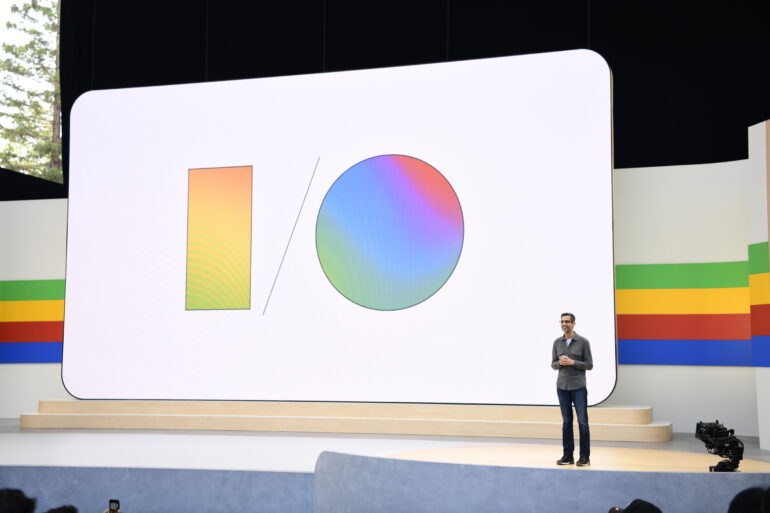Google has announced a major revamp of its iconic Search product, infusing generative AI capabilities throughout to transform it from a basic webpage indexer into a multi-talented AI assistant that can research, summarise, reason, plan and ideate on your behalf.
At the core of this AI-powered reinvention is a new feature called “AI Overviews.” Instead of just listing websites, Search will now generate rich multi-paragraph summaries that synthesise information from multiple sources to directly answer your query in detail. Google says these AI-generated overviews have already been extensively tested, with billions of queries during an extended trial.
But Google’s vision for an AI-infused Search extends far beyond simple question answering. The company is integrating advanced AI models like Gemini, which will give Search the ability to handle multi-part, complex queries with nuance and context all in one shot. Looking for a popular local yoga studio near your commute that also offers discounts for new members? You’ll be able to ask Google that full query exactly as you’d describe it to another person.
Google also plans to put the AI’s planning and task capabilities to use within Search. Users will be able to simply describe the type of plan they need, like a meal plan or trip itinerary, and the AI will automatically generate customized plans pulling in relevant information from across the web. You’ll then be able to iteratively refine and adjust these AI-generated plans by specifying additional requirements.
Visual search is getting an AI upgrade too. Google has enhanced its video processing capabilities to allow users to query Search by uploading videos or clips, like having the AI diagnose an issue with a broken appliance or device shown in the footage without having to describe it in words.
To start exploring all these new AI search experiences, Google is massively expanding its “Search Labs” testing program over the coming weeks and months, opening it up to many more users in the US before eventually rolling out select features to mainstream Google Search later in 2024.
The scale of Google’s generative AI ambitions for Search is staggering. The company envisions transforming its iconic search box into an entry point for accessing a deeply multi-talented AI assistant that can ingest and simplify information, handle complex multi-part queries, generate customised plans and content, and even understand and reason over visual inputs like videos.
Of course, such an ambitious AI rollout is not without its controversies. Google’s dominance over web traffic and the centralisation of information has already raised concerns from creators and publishers worried about the impact on their business models. There are also the perpetual debates around bias, transparency and ethics when deploying foundational AI language models at massive global scale.
Google has tried to assuage some of the traffic concerns by claiming the AI overviews will drive more clicks to publishers by enticing users to read the full source information. But only time will tell if creators feel the impacts positively or see it as another threat to their livelihoods from big tech companies. On the ethical AI front, Google’s past evaluations have highlighted both the potential risks and potential upsides of these systems.
Regardless of the debates, there’s no denying this generative AI push marks a seismic shift for Google Search from its humble beginnings as a way to index and surface websites. The search box is evolving into an ingress for an AI assistant that can ingest information at scale, simplify it, reason over it in nuanced multi-part queries, generate customised plans and content, understand visuals, and more.
Whether you see this future incarnation of Google Search as a digital research concierge, an omniscient knowledge fountain, or the disembodied descendent of the once fictional talking computer system from the “Star Trek” universe may depend on your levels of existential AI uncertainty. But one thing is abundantly clear – Search as we once knew it is radically evolving thanks to generative AI. The days of simply finding webpages are over; doing the legwork itself is the next frontier.


